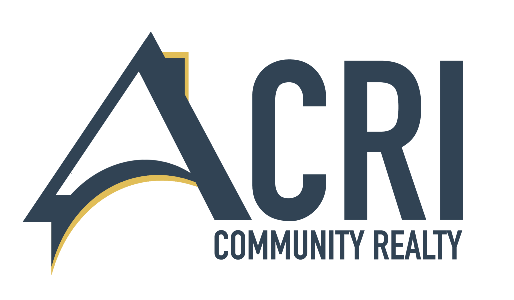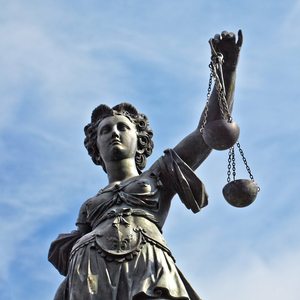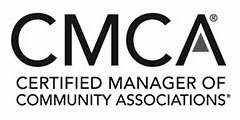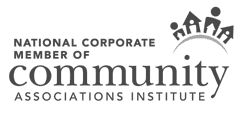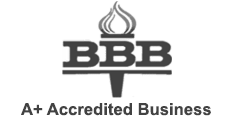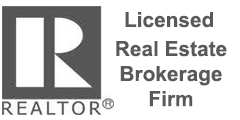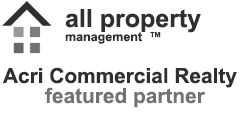Whether your association board works with a professional manager or self-manages the association, it’s likely that the board will still need the services of other professionals like an attorney. An Association attorney will partner with the board and provide invaluable resources.
Working With Professional Partners: The Attorney
The Attorney should be one of your Association’s primary professional partners.
Besides selecting an association manager, the most important decision a community association can make is selecting its attorney.
Your Attorney should be a specialist in Homeowner Associations and have a track record to support successful litigation on other associations behalf.
Associations would be wise to choose an attorney with expertise in working with community associations.
It is almost never advisable to hire a member of the association to be the association attorney, whether compensated or on a volunteer basis.
The association manager needs to work very closely with the attorney, so the two professionals should have a positive and productive working relationship.
The board should designate one person to interact with the attorney. A single point of contact who has decision-making capabilities will be able to better control costly attorney fees. It also minimizes confusion and miscommunication.
What to Expect From Your Association’s Attorney
What Attorneys Do for Community Associations
The association’s attorney is legal counsel to the association.
- Review Documents: Review governing documents, rules proposed by the board, or contracts with other services.
- Provide Legal Opinions: Advise the board on all association matters when legal questions arise.
- Educate: Attend meetings to answer questions, explain concepts or documents, and provide information to homeowners or board.
- Collect Delinquent Assessments: Write and send routine demand letters, file liens, process foreclosures, and litigate if instructed to do so.
- Enforce Deed Restrictions: Write and send routine demand letters, file lawsuits, and litigate collection proceedings.
- Litigate: Represent the association for collections, to enforce deed restrictions, and in defense of the association.
What Attorneys Do NOT Do for Community Associations
The attorney does not represent the board, any single member of the board, or any particular officer or committee member.
“Our mission is to help your community not only succeed but to achieve success with a minimum amount of anxiety and angst. If you can’t find what you need, call us and we’ll be happy to help you.
Partner with a professional association attorney to aid in the smooth operation of your community. Join the Acri Newsletter service and learn more about how Acri can assist you with professional partners. Acri knows who to use and when to deploy qualified service providers in a timely yet economically feasible manner.
